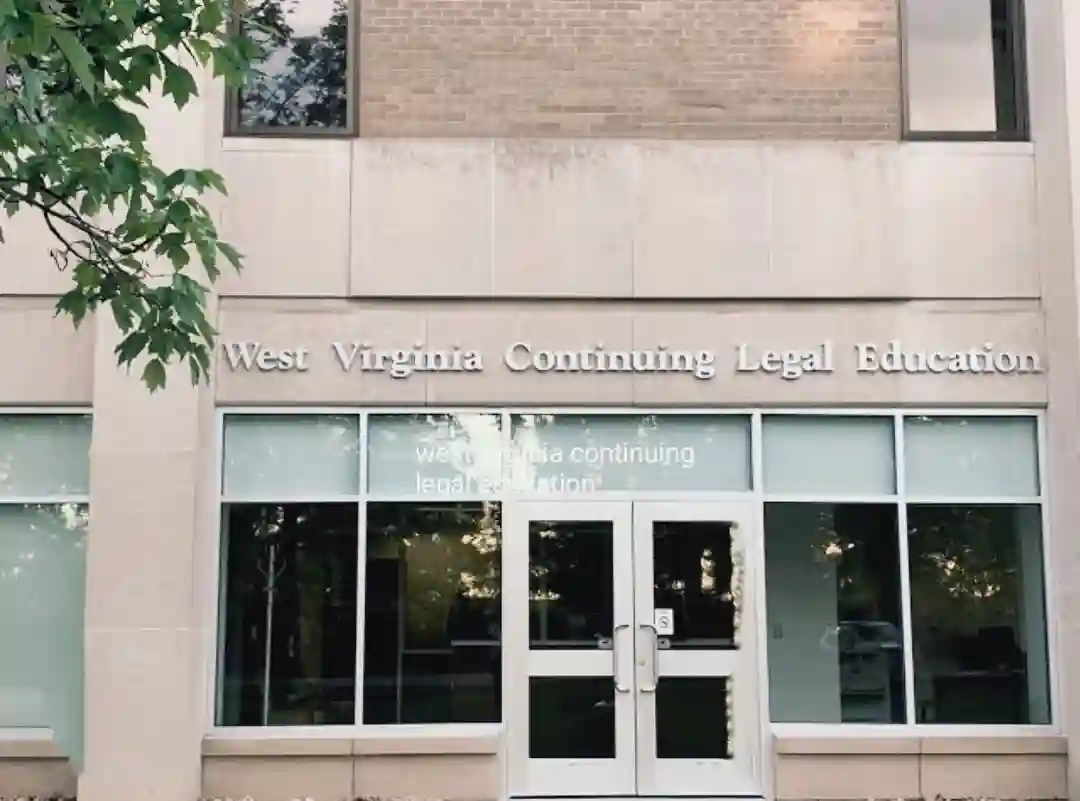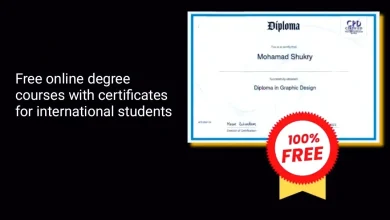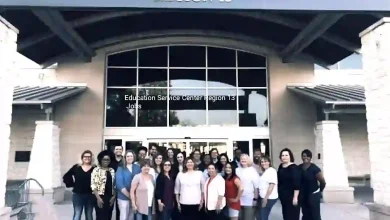West Virginia Continuing Legal Education: A Comprehensive Guide

Continuing Legal Education (CLE) is an integral part of a legal professional’s career, particularly in the United States, where it is required for attorneys to maintain an active license and keep up with evolving legal standards. In West Virginia Continuing Legal Education requirements ensure that lawyers remain informed about developments in the law, enhance their professional skills, and provide competent representation to their clients. This blog post offers an in-depth exploration of the West Virginia Continuing Legal Education requirements, processes, opportunities, and the broader impact Continuing Legal Education has on the legal profession within the state.
Understanding west virginia continuing legal education
Table of Contents
Continuing Legal Education refers to the mandatory education programs that attorneys must complete to maintain their license to practice law. These programs are intended to keep legal professionals updated on the latest developments in the law, ethics, and relevant practice areas.
The West Virginia State Bar governs the Continuing Legal Education requirements in West Virginia. Lawyers practicing in the state must earn a certain number of credits during each reporting period, specifically emphasizing ethics and substance abuse education.
1. Continuing Legal Education Requirements Overview
- Credit Hours: West Virginia attorneys must complete 24 credit hours of Continuing Legal Education every two years. At least three hours must be devoted to legal ethics, office management, substance abuse, or eliminating bias. The remaining 21 credits can be on any legal subject.
- Ethics and Substance Abuse: The requirement for ethics credits is crucial for maintaining the integrity of the legal profession. Substance abuse education aims to create awareness regarding the challenges lawyers may face and the available support systems.
- Reporting Period: The reporting period for CLE in West Virginia runs on a biennial cycle. Attorneys must report their CLE credits to the West Virginia State Bar by the end of the reporting period.
2. Compliance and Reporting
The West Virginia State Bar monitors compliance with the Continuing Legal Education requirements. Lawyers must file an affidavit of compliance detailing the Continuing Legal Education courses they have completed. Failure to meet the requirements can result in penalties, including administrative suspension of their license.
- Reporting System: The West Virginia State Bar has an online reporting system where attorneys can easily log their completed Continuing Legal Education credits. This user-friendly system helps legal professionals keep track of their progress throughout the reporting period.
- Extensions and Exemptions: In certain circumstances, attorneys may request an extension or exemption from CLE requirements. Extensions are generally granted for medical emergencies or active military duty. Exemptions may be available for retired attorneys, those on inactive status, or individuals who face significant hardship.
3. Types of Continuing Legal Education Programs
West Virginia offers a variety of Continuing Legal Education programs to cater to the diverse needs of attorneys practicing in the state. These programs include in-person seminars, online courses, webinars, and self-study materials.
- Live Seminars: Live seminars and workshops are traditional ways to earn Continuing Legal Education credits. These events often provide opportunities for networking and engaging with peers. The West Virginia State Bar and other organizations host annual conferences, symposiums, and seminars on different areas of law.
- Online Courses and Webinars: Continuing Legal Education courses have become increasingly popular due to their convenience and flexibility. Attorneys can take these courses from the comfort of their office or home, fitting their learning schedule around their professional responsibilities.
- Self-Study Programs: Self-study options are available for attorneys who prefer to learn independently. This includes recorded webinars, audio recordings, and reading materials that provide Continuing Legal Education credits upon successful completion.
4. Key Providers of west virginia continuing legal education
Several organizations, including the West Virginia State Bar, the West Virginia University College of Law, and various national legal education providers, provide CLE opportunities in West Virginia.
- West Virginia State Bar: The State Bar is the primary provider of programs in West Virginia. It offers various courses, including ethics training, practice management, and updates on state-specific legal developments.
- West Virginia University College of Law: The WVU College of Law also offers Continuing Legal Education programs, particularly in specialized areas of law. Faculty members and guest lecturers with extensive expertise often teach the programs.
- National Providers: Organizations such as the American Bar Association (ABA) and Practising Law Institute (PLI) offer online CLE courses accredited in West Virginia. These programs provide attorneys access to broader legal topics and insights from experts nationwide.
5. Popular CLE Topics for West Virginia Attorneys
Law practice constantly evolves, and CLE courses are designed to keep attorneys current on relevant topics. Some popular CLE subjects for West Virginia attorneys include:
- Ethics and Professional Responsibility: Attorneys often take courses covering ethical dilemmas, professional conduct, and the rules of professional responsibility as part of the mandatory ethics credits.
- Substantive Law Updates: Courses that provide updates on recent changes in state and federal laws are crucial for staying current. These may include updates on criminal law, family law, civil procedure, and regulatory changes.
- Technology and the Law: With the increasing use of technology in the legal field, courses on cybersecurity, e-discovery, and digital evidence have become popular. Attorneys need to understand how technology affects both their practice and their clients.
- Practice Management: Courses on law office management, client relations, and billing practices help attorneys improve the efficiency and profitability of their practices.
- Diversity and Inclusion: Courses that address diversity, inclusion, and eliminating bias are increasingly in demand as the legal profession works towards greater equality and fairness.
6. Benefits of Continuing Legal Education
Participating in Continuing Legal Education programs offers attorneys, their clients, and the broader community numerous benefits. These benefits include:
- Staying Current: Continuing Legal Education ensures that attorneys remain informed about changes in the law, new precedents, and evolving legal theories. This knowledge is essential for providing competent representation to clients.
- Professional Growth: Continuing Legal Education helps attorneys expand their skills and knowledge in specific areas of law, allowing them to offer a broader range of services or specialize in niche practice areas.
- Ethical Practice: By requiring ethics and substance abuse courses, Continuing Legal Education helps attorneys maintain high professional standards and recognize the importance of mental health and well-being.
- Networking Opportunities: Attending live Continuing Legal Education events provides opportunities to connect with other legal professionals, share insights, and build relationships that can be beneficial throughout an attorney’s career.
7. Challenges Faced by Attorneys in Completing Continuing Legal Education Requirements
While CLE offers many benefits, attorneys may need help in fulfilling their CLE obligations. These challenges include:
- Time Constraints: Attorneys often have demanding schedules, making it challenging to find time to attend CLE courses. Online programs help address this issue by offering more flexible learning options.
- Cost: CLE courses can be a barrier for some attorneys, particularly those in solo or small firm practices. Fortunately, the West Virginia State Bar offers free or low-cost CLE options to help attorneys meet their requirements without significant financial burden.
- Access to Quality Programs: Attorneys practicing rural areas may need more access to live CLE events. Online courses and webinars help bridge this gap by providing access to high-quality programs regardless of location.
8. Tips for Fulfilling Continuing Legal Education Requirements Efficiently
To help attorneys meet their Continuing Legal Education obligations efficiently, here are some valuable tips:
- Plan Ahead: Attorneys should plan their CLE activities before the reporting deadline. This helps prevent last-minute scrambling to earn credits and ensures a balanced approach to learning.
- Take Advantage of Free Resources: The West Virginia State Bar offers free CLE programs yearly. Attorneys should use these offerings to meet their requirements without incurring additional costs.
- Mix and Match Learning Formats: Combining live seminars, online courses, and self-study materials can make earning CLE credits more engaging and convenient.
- Focus on Relevant Topics: Attorneys should select CLE courses relevant to their practice areas or areas of interest. This ensures that the time spent on CLE directly benefits their professional growth.
9. The Role of Technology in Continuing Legal Education
Technology has significantly impacted the way Continuing Legal Education programs are delivered and accessed. Online courses, webinars, and virtual conferences have become increasingly common, providing attorneys with greater flexibility to fulfill their CLE requirements.
- Online Learning Platforms: Many CLE providers offer courses through online platforms that are accessible from anywhere with an internet connection. This is especially beneficial for attorneys in rural areas or those with busy schedules.
- On-Demand Content: On-demand CLE allows attorneys to access recorded courses conveniently. This flexibility helps legal professionals earn credits without attending scheduled live events.
- Virtual Conferences: The COVID-19 pandemic accelerated the adoption of virtual conferences, and many CLE providers have continued to offer these options. Virtual conferences allow participants to earn multiple credits over a short period while interacting with presenters and other attendees.
10. The Future of west virginia continuing legal education
The future of west virginia continuing legal education will likely be shaped by ongoing changes in the legal profession, technological advancements, and evolving attorney needs.
- Increased Focus on Mental Health and Well-Being: The legal profession has increasingly recognized the importance of mental health and well-being. Future CLE programs may place greater emphasis on topics such as stress management, work-life balance, and substance abuse prevention.
- Technological Competence: As technology continues transforming legal practice, CLE programs will likely focus more on technological competence. Courses on artificial intelligence, data privacy, and the ethical use of technology will become more prevalent.
- Hybrid Learning Models: The demand for flexibility will likely result in more hybrid learning models combining in-person and online elements. This approach allows attorneys to benefit from the advantages of both formats—engaging with peers in person while having the convenience of online learning.
Conclusion
Continuing Legal Education is a vital component of legal practice in West Virginia. It ensures that attorneys remain knowledgeable, uphold ethical standards, and provide the best possible service to their clients. By understanding the Continuing Legal Education requirements, exploring different learning opportunities, and planning their CLE activities effectively, attorneys can fulfill their obligations while enhancing their professional skills.
The legal landscape is constantly evolving, and CLE helps attorneys confidently navigate these changes. Whether through live seminars, online courses, or self-study, CLE offers valuable opportunities for growth, networking, and staying current with the latest developments in the law. As the legal profession continues to change, CLE will remain essential for West Virginia attorneys to maintain their competence, integrity, and commitment to serving the public.
Read More…
>> West legal education
>> Bachelor of arts in biology vs bachelor of science



